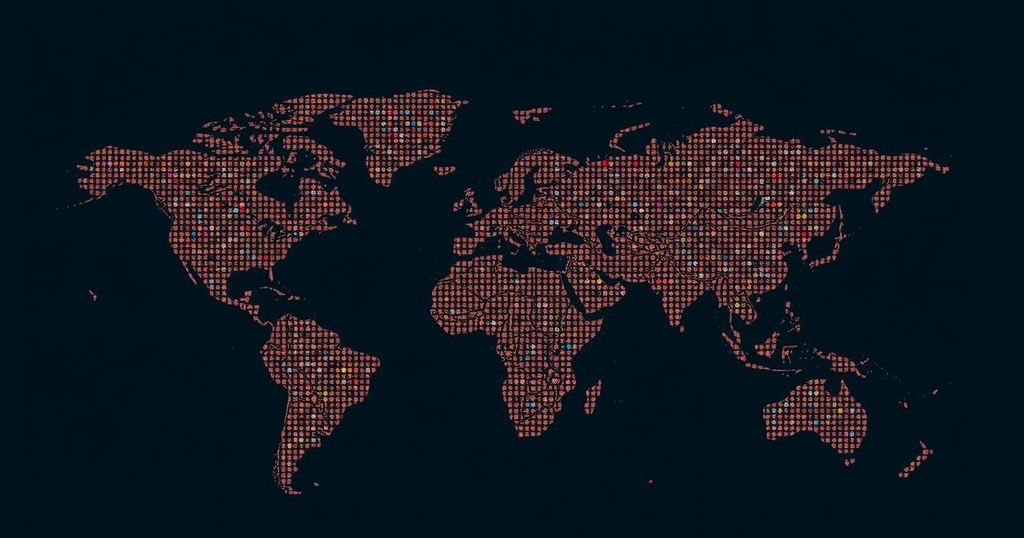The Evolving Landscape of International Justice and the Role of the ICC

The ICC has struggled with effectiveness since its establishment, facing significant challenges including limited successful prosecutions and dependence on state cooperation. Despite recent indictments against world leaders, skepticism surrounds its ability to effectuate justice. However, a global movement asserting universal jurisdiction is gaining momentum, suggesting alternatives to ICC’s often stagnant proceedings against atrocity crimes.
The International Criminal Court (ICC), situated in The Hague, has faced significant challenges in its mission to prosecute war crimes and atrocity crimes since its inception in 2002. Notably, the ICC has managed to convict only five individuals, all from sub-Saharan Africa, raising concerns over its efficacy and operational scope. The ICC’s current chief prosecutor, Karim Khan, has recently issued arrest warrants for several world leaders, including Russian President Vladimir Putin and Israeli Prime Minister Benjamin Netanyahu, signaling a potential shift in the court’s relevance and power.
However, the ICC remains beset by operational difficulties, including a lack of resources and ineffective processes. For instance, the investigation into war crimes in Uganda has dragged on for nearly two decades without any suspects apprehended. The court depends on state cooperation for arrests, but significant nations such as the United States, China, and Russia are not signatories to its founding treaty, limiting its reach and influence.
Amid these challenges, there is a burgeoning global movement towards addressing atrocity crimes through various national and international efforts. Several countries have adopted universal jurisdiction principles to prosecute perpetrators of crimes against humanity, sometimes independently of the ICC. Notably, national tribunals in nations like Bangladesh and Colombia are stepping in where the ICC has not succeeded. Furthermore, there is increasing advocacy for accountability among corporate executives for their roles in humanitarian crises, representing a potentially transformative approach to justice for war crimes.
The International Criminal Court was established as the premier global institution for prosecuting individuals responsible for serious crimes, including genocide and war crimes. Since its establishment, however, it has faced criticism for its limited number of successful prosecutions, particularly its focus on African nations while neglecting atrocities in more powerful countries. The current geopolitical climate, characterized by heightened tensions and conflicts, has put the ICC’s authority and effectiveness into sharp relief, prompting discussions regarding alternate avenues for seeking justice.
In conclusion, while the ICC’s potential for prosecuting high-profile cases, such as those involving major world leaders, exists, significant barriers hinder its effectiveness and credibility. However, the emergence of national efforts and global initiatives addressing atrocity crimes signifies a collective shift towards greater accountability. Global movements and initiatives may ultimately bring about justice for victims of crimes against humanity, even if the ICC’s role remains limited.
Original Source: www.channelnewsasia.com








